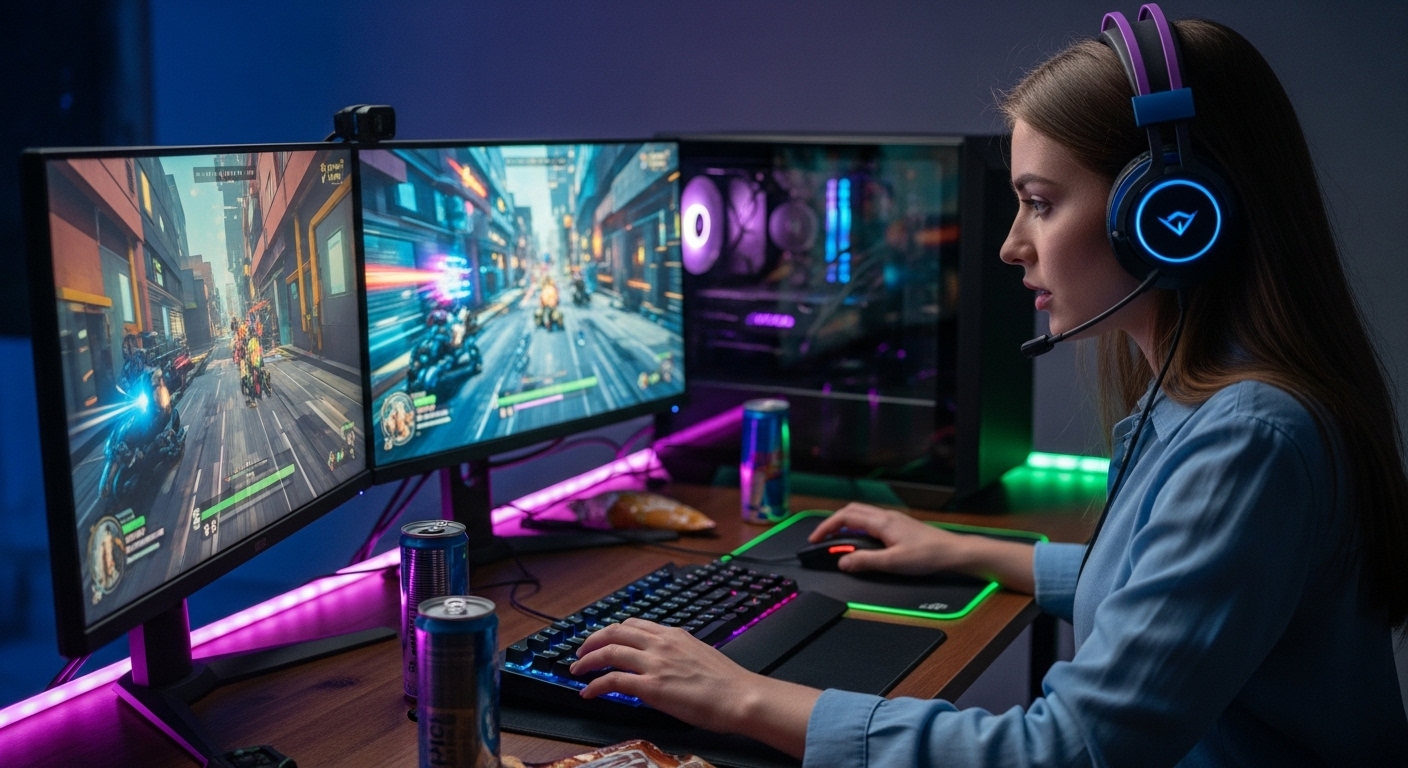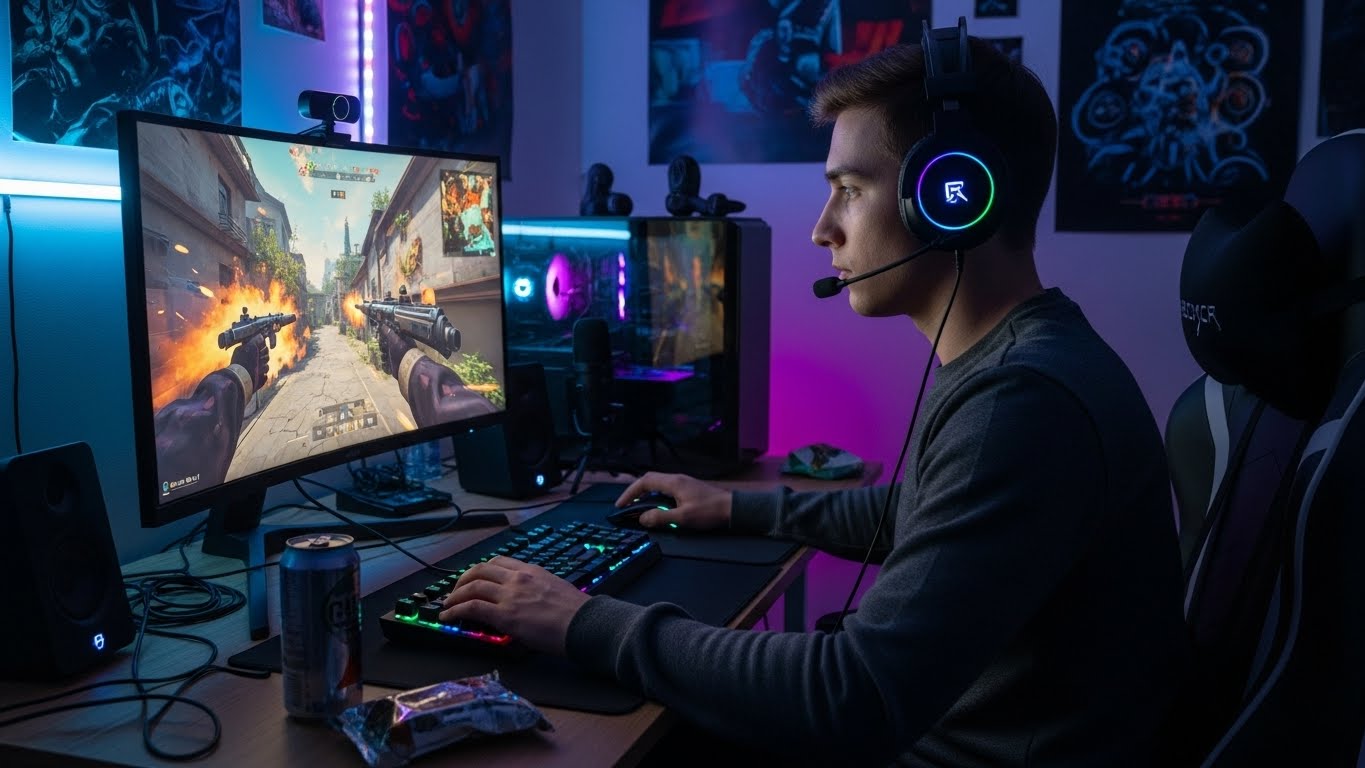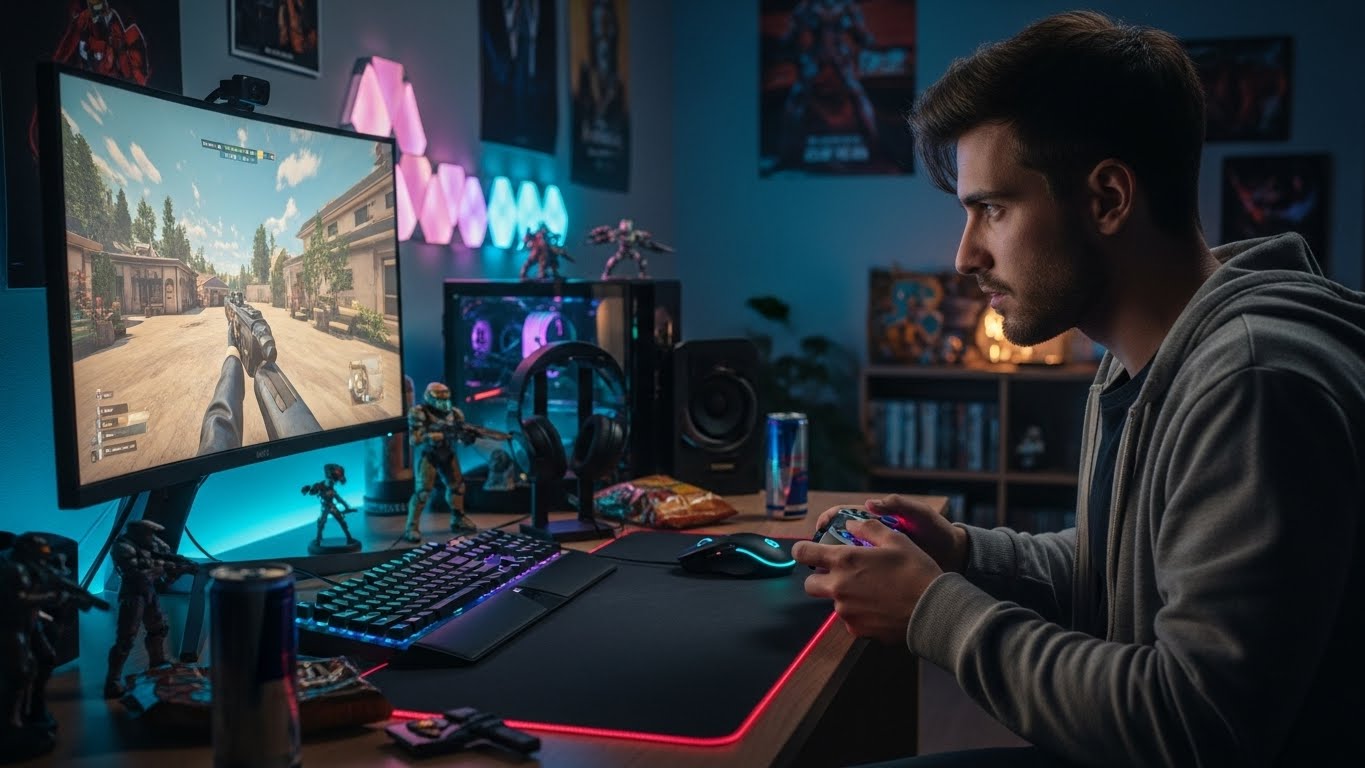Introduction: Gaming Beyond Entertainment
Gaming is no longer just a hobby; it has become a cultural force that impacts millions worldwide. From casual mobile games to competitive esports, gaming offers entertainment, challenges, and opportunities for creativity. It provides a space where players can escape reality, explore new worlds, and connect with others across the globe.
The Evolution of Gaming
Gaming has transformed dramatically over the years. Early games were simple and pixelated, but technological advancements have created immersive experiences with realistic graphics, complex storylines, and interactive gameplay. Consoles, PCs, mobile devices, and now virtual reality have expanded gaming’s reach, making it accessible and engaging for people of all ages.
Skill Development Through Gaming
Beyond fun, gaming develops a variety of skills. Strategy games enhance critical thinking, problem-solving, and planning. Multiplayer games teach teamwork, communication, and leadership. Fast-paced action games improve reflexes and hand-eye coordination. Many players find that gaming not only entertains but also challenges their minds and sharpens their abilities.
Gaming as a Social Platform
One of gaming’s most powerful aspects is its ability to connect people. Online multiplayer games, streaming platforms, and social communities allow players to interact, compete, and collaborate. Friendships are formed, teamwork is encouraged, and players can celebrate shared achievements. Gaming has become a social experience that transcends physical boundaries and fosters community.
Opportunities and Challenges in Gaming
While gaming offers numerous benefits, it also comes with challenges. Excessive gaming can affect physical health and daily routines, and online spaces can sometimes be toxic. Balancing screen time, practicing responsible gaming, and encouraging fair play are essential to enjoy gaming safely. Despite these challenges, gaming continues to grow as a source of entertainment, creativity, and social engagement.
The Future of Gaming
The future of gaming is full of potential. Virtual reality, augmented reality, and artificial intelligence are creating experiences that are more immersive than ever. Competitive gaming and esports are becoming viable career paths, while interactive storytelling is redefining how games are played. Gaming will continue to innovate, entertain, and connect people in ways that go beyond traditional media.
Conclusion: Gaming as a Lifestyle
Gaming is much more than a pastime—it is a culture, a form of expression, and a platform for connection. It encourages creativity, sharpens skills, and brings people together from around the world. As technology evolves and gaming continues to expand, its influence on entertainment, education, and social interaction will only grow stronger, proving that games are not just played—they are experienced and lived.



